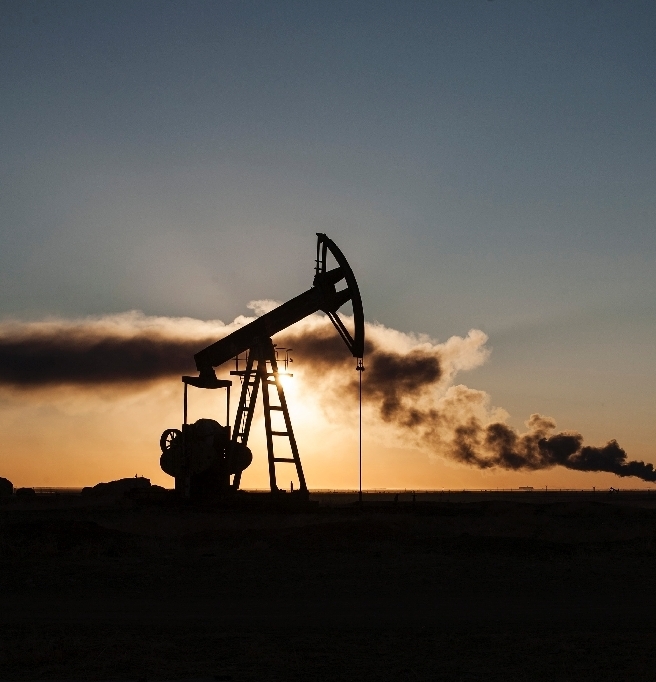OPEC agrees to first cut in output since 2008, sends oil prices soaring
OPEC has agreed to cut its oil production for the first time in eight years, ending a strategy of high supply that had aimed to cripple the U.S. energy industry but had also resulted in decade-low prices and drained the budgets of crude-producing nations. The cartel agreed to cut 1.2 million barrels a day from its present output after its 14 members put aside their differences at a meeting on Wednesday and agreed on individual production levels. The deal represents a dramatic reversal from OPEC’s Saudi-led strategy, introduced in 2014, of flooding the market to pressure its competitors, in particular U.S. shale oil producers. The cartel refused to cut output, knowing that U.S. production was only profitable at high prices and that the drop would put many U.S. producing companies out of business and restore some of OPEC’s global market share.The result was that oil fell to below $30 in January for the first time in over a decade. While this did reduce U.S. production, it also caused recessions in many oil-producing nations, including Russia, Brazil and the OPEC member Venezuela.
This is a major step forward, and we think this is a historic agreement, which will definitely help rebalance the market and reduce the stock overhang.
Mohammed Bin Saleh Al-Sada, Qatar’s energy minister and president of the OPEC conference
OPEC had for years been undermined by infighting, bogged down in a game of poker between OPEC’s three biggest producers, Saudi Arabia, Iraq and Iran, over the question of who would do the heavy lifting. The Saudis have long been hesitant to shoulder the lion’s share of a cut, while Iran has resisted reducing its own production. It argues that it has yet to regain its output levels, which have been depressed by years of sanctions. Iraq said it did not want to pump less crude because it is short of money to fight ISIS. While consumers might not welcome the more expensive fuel that a deal would bring, OPEC members’ public finances have been shot to bits by two years of rock-bottom prices. However, further downward pressure on oil prices could come from the United States and president-elect Donald Trump, whose energy policies are likely to lead to a renewed rise in U.S. oil production. Trump has promised to eliminate regulations restricting fracking, support oil and gas pipeline construction and open restricted federal lands and offshore areas for exploration, including Alaska.

Business